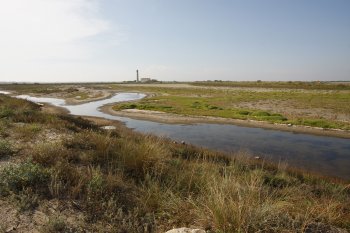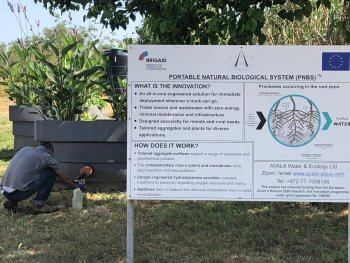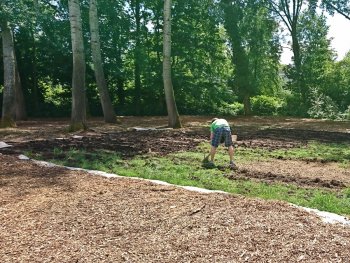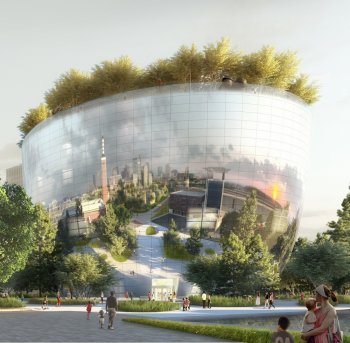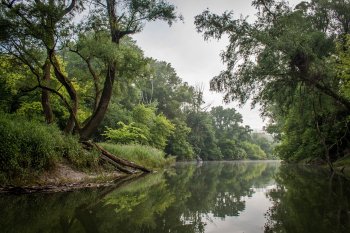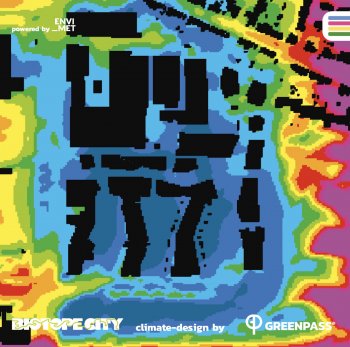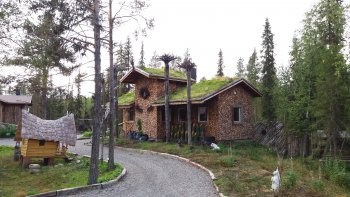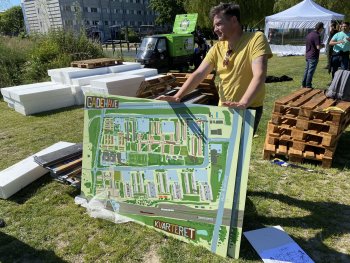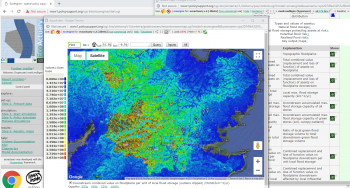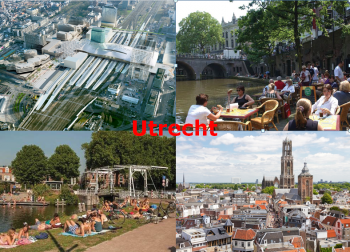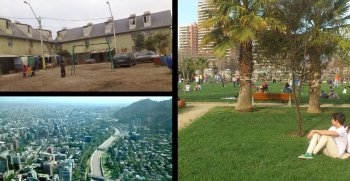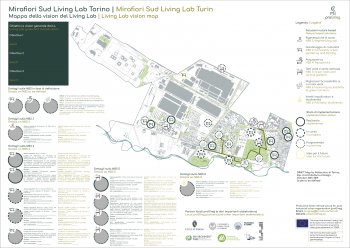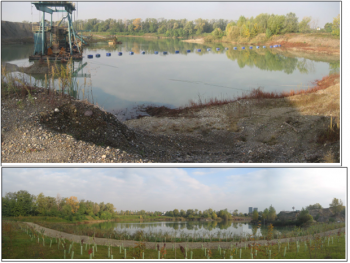The restoration of the former saltworks in southern France
1 Restore a more natural hydrological functioning that reconnects the surrounding hydrosystems (including the lagoons located further inland, the Mediterranean Sea and the Rhône River).
2 Restore the natural ecosystems characteristic of coastal lagoons and sandy coastlines, including dunes, salt steppes and saltmarshes.
3 Maintain or increase the carrying capacity for breeding colonial water birds.
4 Implement adaptive management to sea-level rise, creating accommodation space for water spread.
5...

